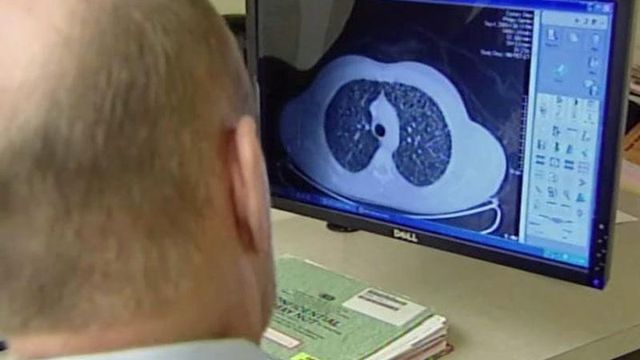Personalized care is a new trend in medicine
For decades, most medical treatments have been based on large study results. But personalized medicine takes the genetics of a specific patient into account.
Posted — Updated"I had zero symptoms one day and the following day I couldn't walk up a flight of steps," Madden said.
He was so short of breath the 39-year-old went to a doctor. Shockingly, Madden, who never smoked, was diagnosed with advanced lung cancer.
"The outlook was grim," he said.
He headed to Cedars Sinai Hospital in Los Angeles where doctors took a biopsy of his lungs.
Researchers tested Madden's tumors for a mutation. When he tested positive, they gave him a drug that only attacks that mutation and shuts off his tumor's growth.
It's called personalized medicine.
"Its implications are incredible. It's almost like science fiction but it's real," Lopategui said.
Within three weeks of personalized treatment, Madden's tumors melted away.
"Half the patients are dead within a year of the diagnosis. So here we are now in Kyle's case, we're out 15 months with no evidence of active cancer in his body at all," said Dr. Ronald Natale, a medical oncologist at the Samuel Oschin Cancer Center at Cedars Sinai.
Personalized medicine hasn't completely cured Kyle Madden; but he was able to get married, and every day he has a reason to celebrate.
• Credits
Copyright 2024 JAMA. All rights reserved.





